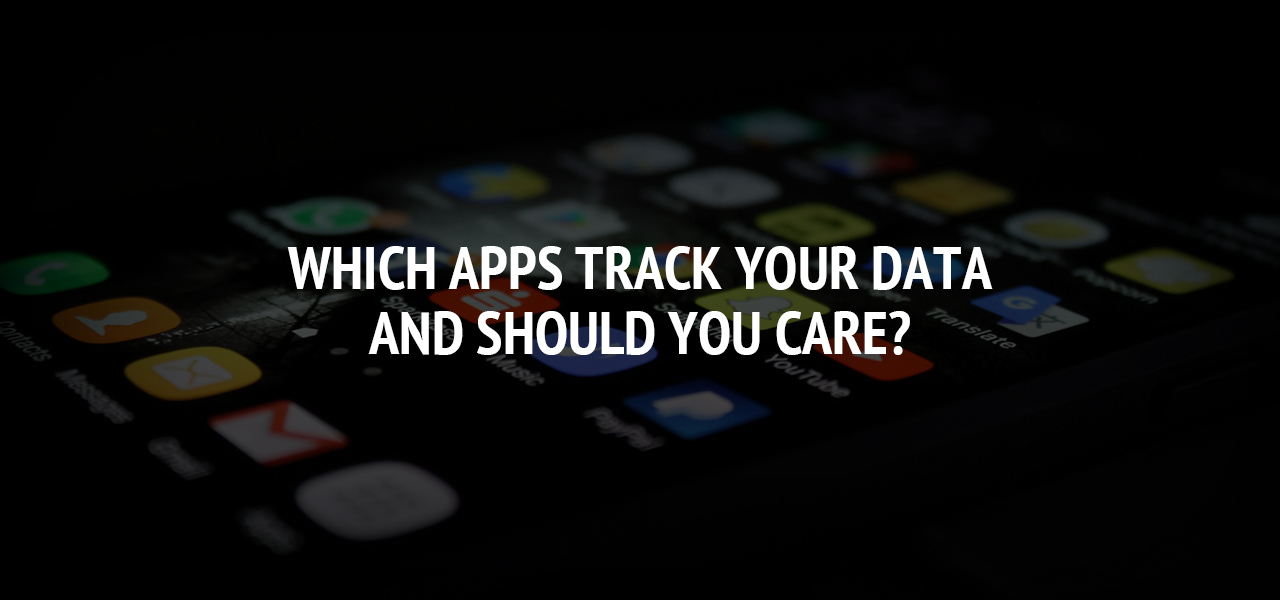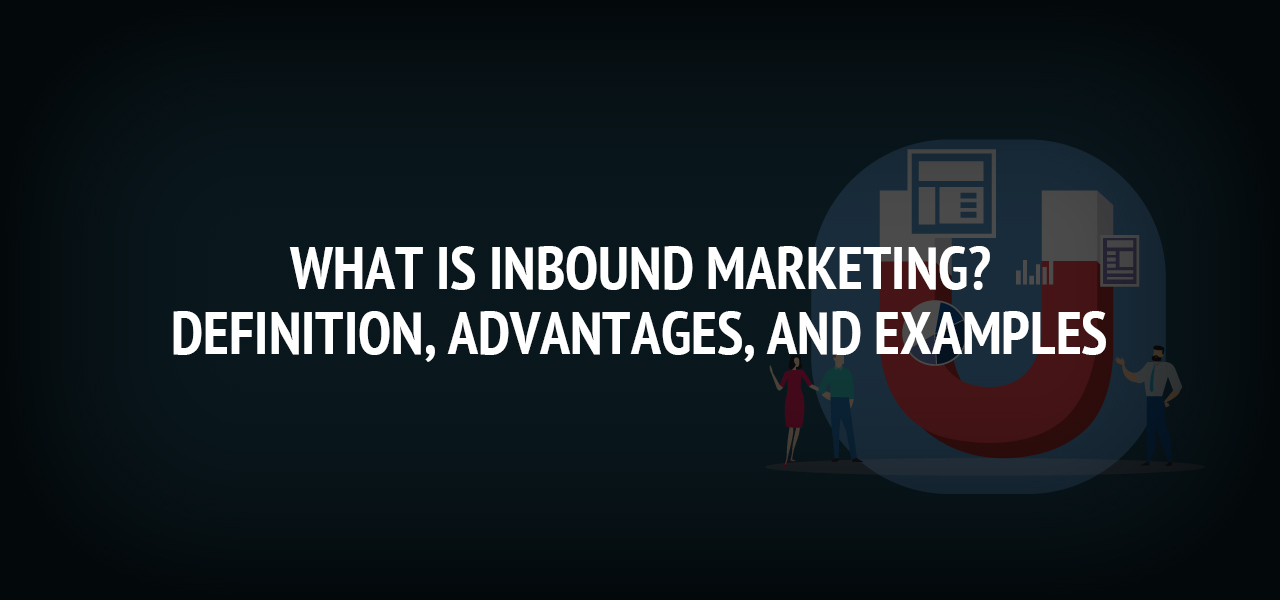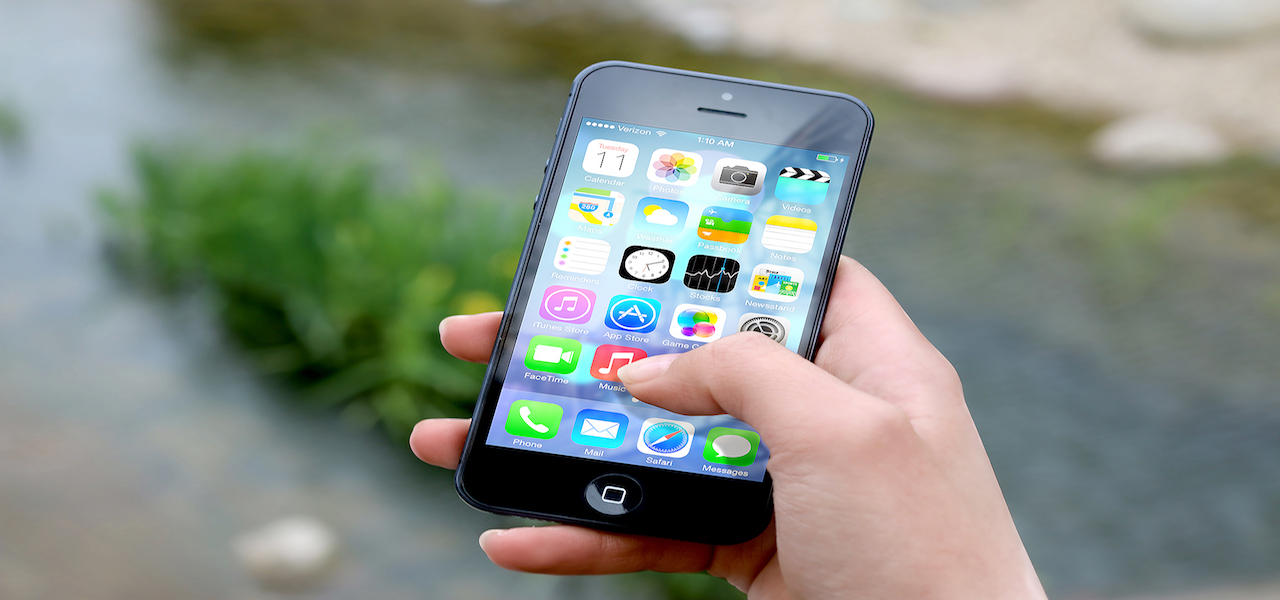Which Apps Track Your Data – And Should You Care?

Here’s an interesting thought: your weather app knows everything about you. It knows where you are, of course, otherwise it wouldn’t work.
But it also knows where you sleep, when you sleep, where you go during the day, who your friends are, who your partner is, where you go to work, and which stores you go to.
If you visit a therapist or go to AA meetings, your weather app is going to know, because it’s reflected in the data you are sharing with it. All of that, just so you can know what the temperature is outside.
But the problem doesn’t stop there. Every app on your phone takes, uses, and tracks data for its own purposes, and yet a whole load of people still don’t seem to care. So should you?
The Usual Suspects
Of course, we’re being a bit vague when we say ‘every app’. Some apps are admittedly more data-hungry than others.
There are the usual suspects: Facebook, Instagram, Wish, TikTok, and Amazon. There are also Google Play apps sharing the most highly confidential information, like Booking.com, Home Depot, Reddit, Picsart, and Chromecast.
But apart from these notorious apps, there are plenty more tracking and sharing everything from names, email addresses, photos, phone numbers, purchase history, and even fitness info, sexual orientation, the list just goes on and on.
What Other Apps Track Your Data?
When it comes to what other, specific apps are sharing your data, you’ve got to assume that it’s just about all of them. This isn’t an exaggeration.
With data selling and sharing being such a profitable business – the data brokering industry itself is currently worth around $270 billion – most apps will track and take your data unless your permissions are turned off.
When it comes to permissions, this isn’t even a sure deal. In order to both stop apps from taking data and remove the data that companies have, you have to opt out of data brokers entirely – with some of the biggest including MyLife.com, Experian and Oracle. Thankfully, this has become easier today than it was a few years ago.
Should You Care?
The big question, then, is should you care about apps that are tracking you? Quite simply, yes. Yes, you should. Not only is the concept of apps tracking your every move a basic invasion of privacy, it’s also dangerous.
While many apps attempt to harness strong business cybersecurity, in a recent study, it was found that 4.9% of apps do not encrypt the data that they transport, while less than 50% actually declared whether their data was encrypted or not, meaning the number could be much higher. Add to this that only 0.8% go through an independent security review, and it becomes clear that your data is not being adequately looked after.
This then puts you in danger of everything from data breaches to identity theft to stalking, and to online harassment. If you want to have a safe online experience, then you should care about how apps are using your data, and do as much as you can to limit what you give them.
Whether that’s through deleting your digital footprint or actively turning off permissions of every app you download is up to you. As long as you’re doing something to fight back, then you’re doing the right thing.
About The Author
Related Blog
View All-
What is inbound Marketing? Definition, advantages, and examples
Inbound marketing is a technique based on bringing your target clients by accompanying them at the full procedure from when they come in contact with the newest until they get loyal clients. The inbound marketing methodology relies on a run of non-intrusive methods ...
-
The Top Apps of 2017
The year 2017 was yet another remarkable year for apps and app development. And although at times it seemed like new apps were released daily, they were all created by developers who were really pushing the envelope in improving smartphone functionality and mobile ...







